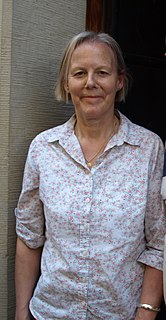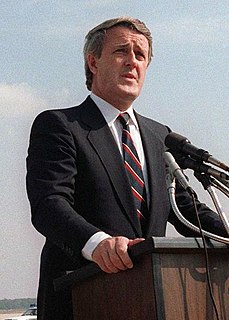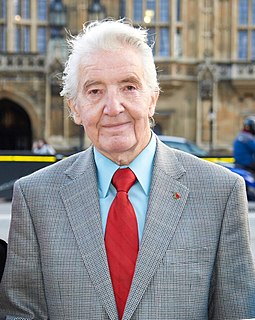A Quote by Phyllida Lloyd
Margaret Thatcher was pro-choice. She voted to decriminalize homosexuality. Was not profoundly religious. She was very liberal on social issues.
Related Quotes
Media hosts just talk about Golda Meir and Margaret Thatcher and again miss the point. I was talking about AMERICAN culture, ladies and gentlemen. As I pointed out, if Margaret Thatcher or Golda Meir, by the way, she didn't care, and Margaret Thatcher didn't care how she look like. If Margaret Thatcher were running for president today, as she was when she was the Iron Lady, we wouldn't have her mom doing television commercials telling us how wonderful she was when she was a kid and how nice she is.
In a way, the debate about Margaret Thatcher in Britain has just gotten fossilized in this notion that she is either this she-devil who wrecked the industrial base of the country and ruined the lives of millions, or she is the blessed Margaret who saved the nation and rescued us from our post-war decline.
We have a number of very powerful women in the world now - Mrs. [Angela] Merkel, who the Germans call Mutti. What did we call Mrs. [Margaret] Thatcher? When she was minister of education, she stopped the children's free school milk. This may sound quaint, but after the war we were such a malnourished nation that part of the founding of the welfare state were public health initiatives. Every little schoolchild got milk. Mrs. Thatcher stopped it. They called her "Maggie Thatcher, milk snatcher."
The first of the Trainspotting crew to die. Out of the five of them like, Begbie, Renton, Spud, Sick Boy and [Margaret] Thatcher. Who'd have thunk she'd have been the first to go? She was the invisible author of the book, really. She created the conditions and the hubris whereby that whole culture flourished.
I've known a lot of very religious people. My mother is very religious, but she was also very - is very private about it. She - when I was growing up, she never went to church. She just prayed and read her Bible and kept it to herself. So I'm not from a background of flamboyant believers. It's much more a personal issue.


































